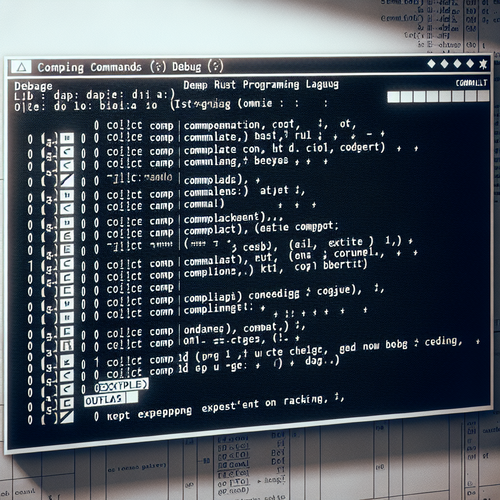
{{ $('Map tags to IDs').item.json.title }}
How to Compile Rust Programs
Compiling Rust programs is a straightforward process that converts your source code into executable binaries. Rust offers two primary methods for compilation: using the rustc command directly or utilizing cargo, Rust’s package manager and build system. This tutorial will guide you through both methods.
1. Setting Up Your Environment
Before you compile Rust programs, ensure you have Rust installed. You can verify your installation by running:
rustc --versionIf you see a version number, you are ready to compile your programs. If Rust is not installed, refer to our guide on how to install Rust.
2. Compiling with rustc
The simplest method to compile a Rust program is to use the rustc command. Create a new file named main.rs:
nano main.rsAdd the following code to main.rs:
fn main() {
println!("Hello, Rust!");
}Save the file and exit the text editor. Now, compile the program using:
rustc main.rsThis will create an executable file named main. Run your program with:
./mainThe output should display:
Hello, Rust!3. Compiling with Cargo
For larger projects, it’s best to use cargo, which manages Rust packages and builds for you. First, create a new Cargo project:
cargo new my_projectNavigate to your project directory:
cd my_projectOpen src/main.rs and modify it with the same sample code:
fn main() {
println!("Hello, Cargo!");
}To compile the project, run:
cargo buildThis will create an executable in target/debug/my_project.
4. Running Cargo Programs
You can run your program directly using Cargo without needing to navigate to the target directory:
cargo runThe output should reflect the changes:
Hello, Cargo!5. Conclusion
By following this tutorial, you have learned how to compile Rust programs using both rustc and cargo. Knowing how to compile and run Rust applications is essential for effective development and testing. Continue to explore various features and libraries within the Rust ecosystem to enhance your programming skills!













